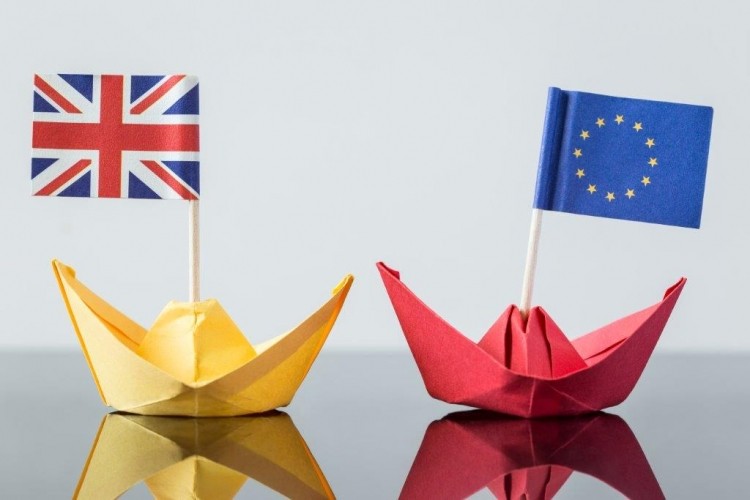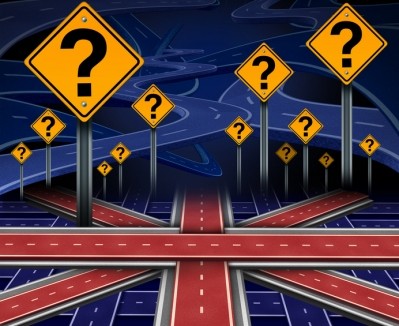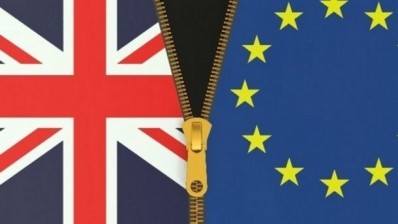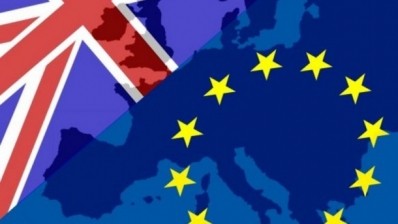Higher prices and movement of manufacturing part of “huge” Brexit impact on food, predicts Rabobank

Once the UK is outside the European Union’s free trade area, it will be forced to impose extra border controls and this will see prices shoot up “regardless” of any trade deal between the UK and the EU, the experts claimed.
“The potential impact of Brexit on food and agriculture companies in and outside the UK is huge,” they warned in their report, 'Weighing up food security in the UK'.
Spot the loser
Last week, UK Prime Minister Theresa May triggered article 50 of the Lisbon Treaty, formally launching Britain’s exit from the EU. FoodDrinkEurope urged negotiators to work on a deal that “keeps barriers to an absolute minimum”, but Rabobank has already identified some of the “losers”.
“Whatever the outcome of Brexit negotiations, [consumers] are going to have to get used to higher prices on olive oil and many fresh fruit and flowers,” explained the firm’s senior analyst, Harry Smit.
The team developed three possible trade scenarios. In the first, there are tariff-free import quotas at the current level of trade volumes with import tariffs on additional trade. A protectionist scenario, meanwhile, sees smaller tariff-free quotas than current volumes and import tariffs on trade outside this quota. In the third scenario there are no import tariffs on UK imports.
The three are extremes and the final agreement is likely to be a “complicated mix” of them all, said Smit. “There are many factors at play here and a number of scenarios for how the UK may trade with the EU in the post-Brexit world,” he continued. “Because countries are generally keen to protect their farmers, food tariffs are often higher than for many other products. And with food security such an emotive topic, the outcome will have a major impact on the UK and potentially also the EU.”
Costly process
Food processors should also prepare for additional costs – and competition. “Currently, the UK imports most of its food from the EU. Over time, other (non-EU) countries may increase their share in British food imports, because these countries could come on a more equal footing with EU countries after the Brexit,” the authors warned.
British exporters to the EU will face increased costs and vice versa: EU exporters will face new custom controls when they export to the British market “comparable to a 5 percent to 8 percent import tariff”, the team noted.
Hardest hit could be EU food companies that export finished and/or semi-finished products to the UK based on imported raw materials (for example, coffee, cocoa, tropical fruits). “These exporters will face increased competition from British processors who can source these raw materials directly and, as a result, do not face border issues after processing,” said Rabobank.
Globally-traded commodities, including meat, dairy goods and frozen potato products, are generally imported from the EU. However, EU exporters could “suddenly face competition” from third countries under a “free trade” scenario.
For foods that are composed of several ingredients – what Rabobank refers to as “further processed products” – the UK might eventually prove to be a better location for manufacturing than the EU. However, that will need to be tempered with availability of labour.
Pounds and people
May hinted today that the free movement of people from the EU to the UK could be extended after Brexit during an “implementation” phase, but access to labour remains a key concern for the UK’s food sector – 32% of the workers in the country’s food and agriculture industry come from EU countries.
The other factor to consider is currency, Rabobank said. The weakness of the pound since last June’s referendum has already contributed to food price inflation in the UK and prompted some food manufacturers to renegotiate prices with their supermarket customers. The analysts predicted a further 5% weakening of the pound over the next 12 months.
In 2016, food and agriculture imports to the UK amounted to €55.6 (£47.5bn), of which 71% originated from EU countries. British exports to the bloc by comparison totalled €26.2bn (£22.5bn), of which 60% was destined for the EU.


















